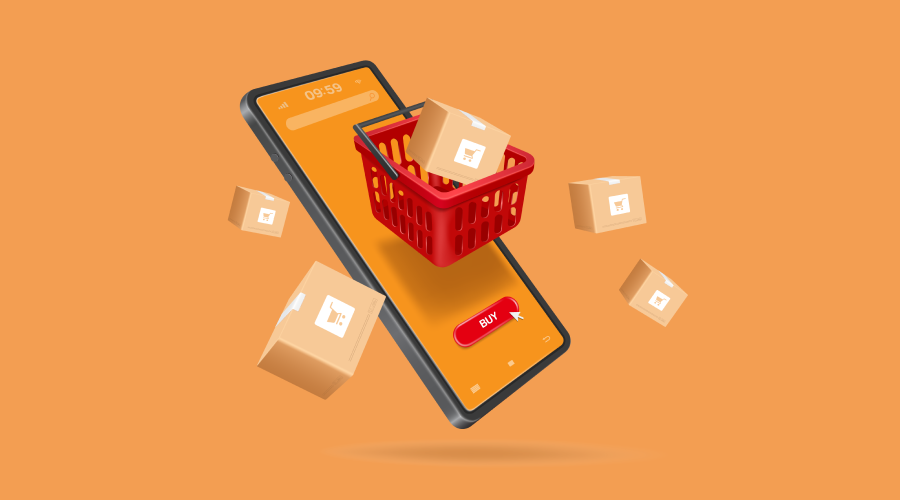What is the best platform for cross-border e-commerce? Explanation in an easy-to-understand manner!

Introduction
Cross-border E-commerce (EC) refers to the sale of products across national borders, enabling sales from Japan to overseas users. This article compares recommended cross-border EC platforms around the world and explains key points for selection.
What is a Cross-Border EC Platform?
A cross-border EC platform is a system that forms the foundation for selling products to overseas users. There are two types: "proprietary EC" and "mall-type EC."
Proprietary EC
Proprietary EC is a format where companies operate their own EC sites. It allows for freedom in design and functionality customization and strong branding, but lacks in customer acquisition and requires self-management of foreign language support and currency settings.
Mall-Type EC
Mall-type EC is a shopping mall format where multiple shops come together. It has strong customer acquisition, comprehensive support for foreign languages and currency settings, but involves costs like store fees and sales commissions, and has limitations on customization.
Popular Platforms in China
- Tmall/Tmall Global: Operated by Alibaba Group, high trust and brand power, $25,000 deposit for opening a store.
- JD.com: Specializes in electronic products, support for Japanese companies, $10,000 store opening cost.
- Kaola: Targeted at younger women, strong in cosmetics and daily goods, relatively affordable prices.
Popular Platforms in the USA
- Amazon.com: Capable of expanding products to a wide range of countries, reasonable pricing plans.
- eBay: Easy to start, suitable for selling low-cost products.
- Mercari: A wide variety of products can be listed, easy for individuals to start selling.
Popular Platforms in Asia
- Shopee: Rapid growth in Southeast Asia and Taiwan, Japanese language support available, no initial cost.
Points to Consider When Choosing a Cross-Border EC Platform
- Compatibility with Products and Needs of the Target Country: Research whether your products are likely to sell and if there is a demand.
- Cost and Resources: Consider store opening costs, operational costs, and the necessity of resources.
- Brand Strategy and Market Characteristics: Select based on brand image and market characteristics.
Conclusion
The selection of a cross-border EC platform varies depending on your products, brand strategy, and the characteristics of the target market. Understanding the features of each platform and making the right choice is key to success.
Leverage AnyMind Group's various bases and logistics network to accelerate your brand's overseas expansion. We offer one-stop support for your brand's international development, including EC and marketing expertise cultivated locally, as well as designing commercial and logistics bases.
At AnyLogi, we have a wealth of materials related to cross-border EC.
- AnyMind Cross-Border EC Support Area
- About the EC Market in Southeast Asia
- What is the Automated Overseas Shipping Platform AnyLogi?
If you are interested, please contact us below.








